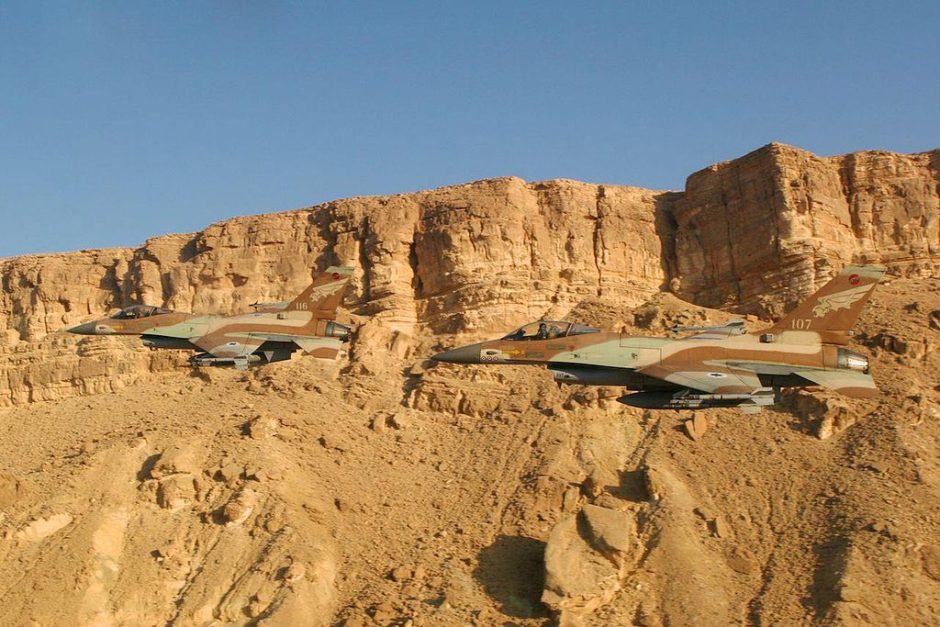Military tensions on Israel’s northern front reached a boiling point yesterday, prompting speculation whether a new Middle East war is inevitable.
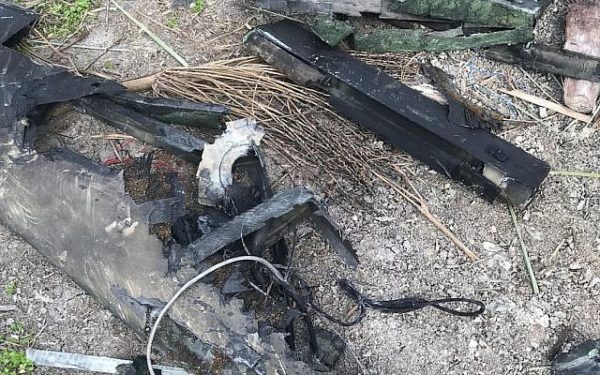
In the early hours of February 10, an Israeli Apache helicopter shot down the first Iranian drone to penetrate Israeli airspace. It was downed in the Jordan Valley, near the Jordanian border. By way of retaliation, Israeli aircraft bombed the Syrian base in Palmyra from which it was launched.
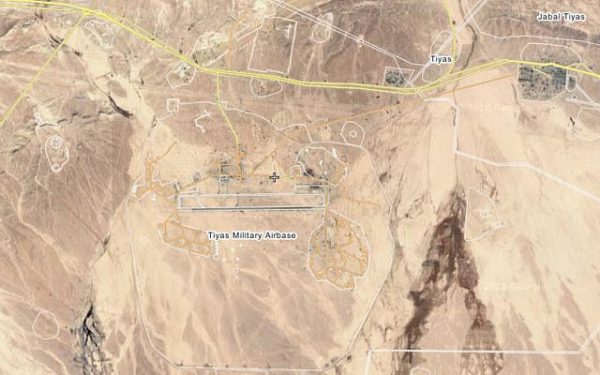
Two months ago, Israel attacked an Iranian facility in Syria when it struck an Iranian base under construction close to Damascus.
As the Israeli planes flew back home, an F-16, was hit by Syrian antiaircraft fire, forcing the pilot and the navigator to eject over northern Israel. The pilot was seriously wounded. The navigator suffered slight wounds.
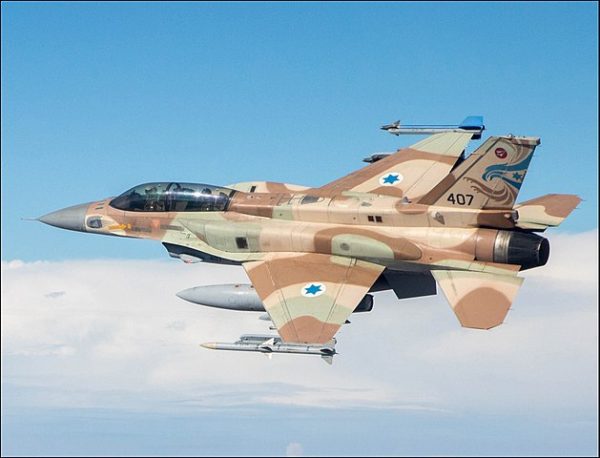
Not since 1982 had an Israeli combat plane been shot down by enemy forces. In response, Israel carried out a second round of raids, bombing eight Syrian positions, including air defence batteries, and four Iranian targets in Syria. Israel described the retaliatory raids against Syria as the biggest since the 1982 war in Lebanon.
The strikes and counter-strikes represented a severe escalation of the cross-border violence that has flared on the Golan Heights — captured by Israel during the Six Day War — since the outbreak of the Syrian civil war in 2011.
Israel and Syria have fought four wars and clashed in numerous skirmishes since Israel’s creation in 1948. But in the past seven years, their conflict has entered an entirely new phase as Syrian President Bashar al-Assad, backed to the hilt by Russia, has fought ferociously to save his regime and consolidated his alliance with Iran and Hezbollah.
The Israeli government has adopted a policy of non-intervention in Syria’s civil war, which has claimed at least 400,000 lives and displaced half of its population. But Israel has bombed Syrian sites developing precision weapons that could be deployed against Israeli cities, targeted Hezbollah weapons convoys en route from Syria to Lebanon, and warned Iran that its military buildup in Syria will not be tolerated.
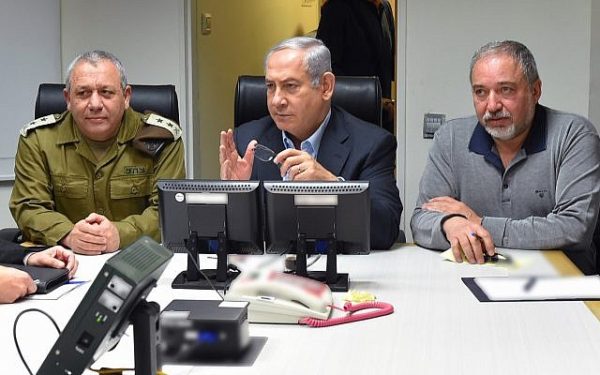
As Prime Minister Benjamin Netanyahu said recently, “We will act to prevent Iran from establishing permanent military bases in Syria for its air, sea and ground forces. We will act to prevent Iran from producing deadly weapons in Syria or in Lebanon for use against us. And we will act to prevent Iran from opening new terror fronts against Israel along our northern border.”
In the wake of the latest clashes, Israel’s ambassador to the United Nations, Danny Danon, urged the UN Security Council to condemn Iran and “to put an immediate end to its provocations.” The UN, he said, “must not stand idly by while Iran is instigating dangerous escalations” that could lead to a war embroiling Israel, Syria, Iran and Hezbollah.

The United States, which last week killed scores of Syrian troops in an air strike in eastern Syria, backed the Israeli reprisals. In a reference to the Iranian drone, a State Department spokesperson said, “Iran’s calculated escalation of threat and its ambition to project its power and dominance places all the people of the region — from Yemen to Lebanon — at risk. The U.S. continues to push back on the totality of Iran’s malign activities in the region and calls for an end to Iranian behavior that threatens peace and stability.”
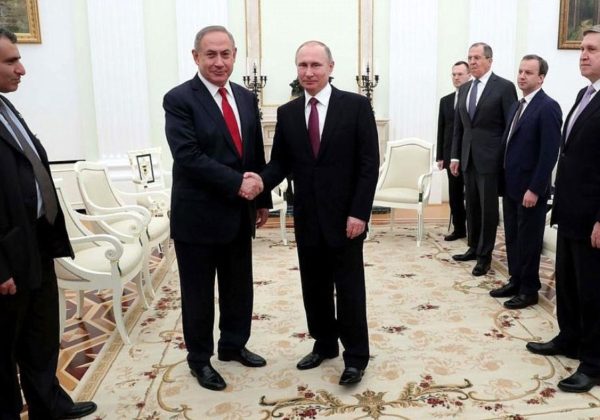
Russia called on “all sides” to exercise “restraint,” while Israel appealed to Moscow to defuse the tension. Last week, in Tel Aviv, a Russian delegation of senior security officials sought to dissuade Israel from hitting Hezbollah and Iranian weapons facilities in Syria and Lebanon. Two weeks ago, in Moscow, Netanyahu warned President Vladimir Putin that Israel would not tolerate the military entrenchment of Iran in Syria. As Netanyahu told reporters, “The question is: Does Iran entrench itself in Syria, or will this process be stopped? If it doesn’t stop by itself, we will stop it.”
Judging by Iran’s truculent reaction to yesterday’s fighting, Iran has no intention of ending its military role in Syria. Referring to Syria, the deputy commander of the Iranian Revolutionary Guards, Hossein Salami, said, “From this very location, we can create an inferno for the Zionists.” Several months ago, Salami’s boss, Ali Jafari, warned that war with Israel would result in “the eradication of the Zionist regime.”
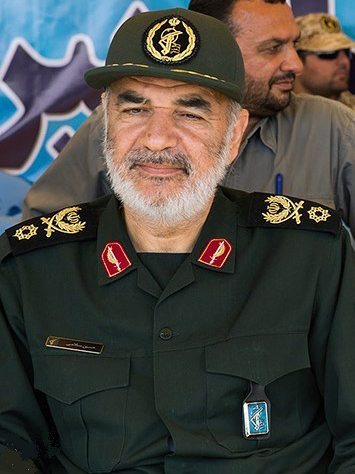
Another Iranian official declared, “The era of Israeli strikes on Syria is over.” He added that Iran would respond relentlessly to “all further aggression.” Echoing the warning of its Iranian ally, Hezbollah claimed that the downing of the Israeli F-16 marked the “start of a new strategic phase” limiting Israeli penetration of Syria’s airspace.
This may be true to some extent. Israel has not enjoyed complete air superiority in Syrian skies since Russia stepped up its military engagement in Syria in 2015. Israel, however, is determined to ensure that neither Syria nor Iran will use the Golan as a platform to attack its territory.
This is not the only problem Israel faces in the region. Iran, Israel’s arch enemy, continues to funnel missiles to Hezbollah, its Lebanese proxy, in anticipation of a future war between Israel and Hezbollah.
Currently bogged down in Syria defending Assad’s regime, Hezbollah already has about 120,000 missiles and rockets in its arsenal. Israeli analysts believes that Hezbollah could launch about 1,000 missiles per day at Israel in the next war. During its 2006 war with Israel, Hezbollah fired approximately 4,000 missiles over the course of one month.
In a recent interview, Hezbollah’s leader, Hassan Nasrallah, said, “We are not advocates of war, but if our religious obligation is to fight, we will fight. We are not afraid of anything.”
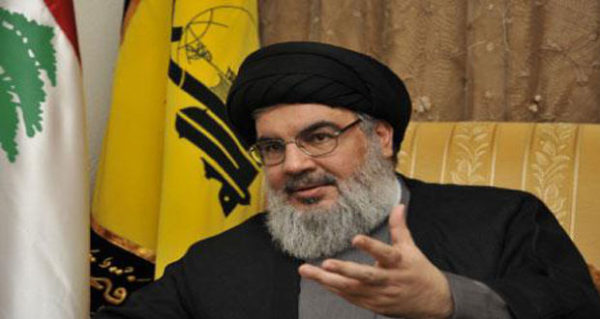
Israel has no desire to engage Hezbollah in a war again. But if another war breaks out, Lebanon will be the big loser, as Israeli Defence Minister Avigdor Liberman has suggested. Lebanon, he said, will be held to account because the Lebanese government has subjugated itself to Hezbollah and Iran. “Lebanon’s army and Hezbollah are the same,” Liberman said. “They will pay the full price in the event of an escalation. We won’t allow scenes like in 2006, where we saw citizens of Beirut on the beach while Israelis in Tel Aviv sat in (bomb) shelters.”
It would be a grave mistake for Lebanon, or Hezbollah, to take Liberman’s warning lightly. Israel will smash Lebanon’s infrastructure in a future war. But by the same token, Israeli cities will be targeted by Hezbollah and perhaps by Syria and Iran as well.
